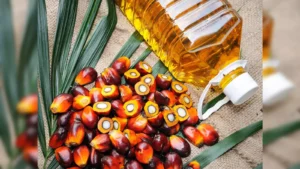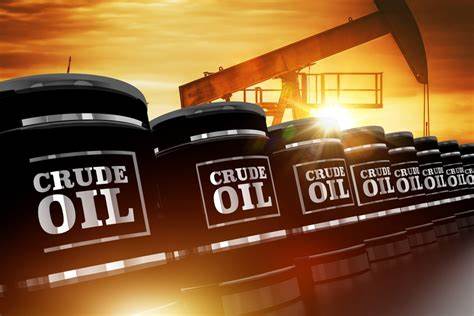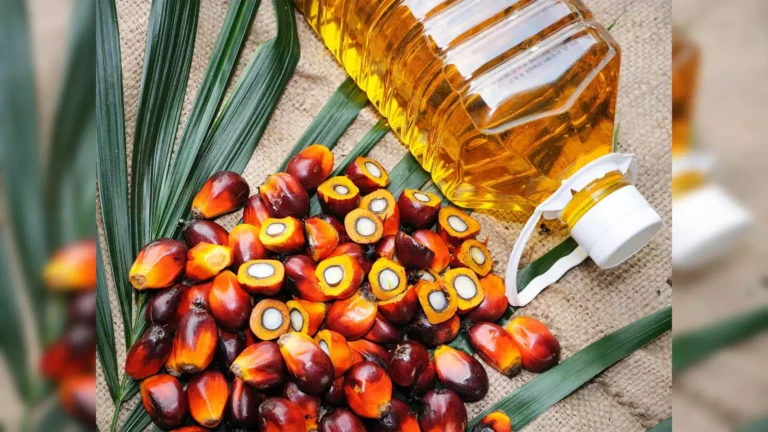GENERAL CHARACTERISTICS
Definition and Importance of Crude Oil
- Crude oil is a hydrocarbon mixture found in liquid form in natural underground reservoirs, constituting approximately 60% of the world’s primary energy consumption.
- Its significance extends across various industries, including transportation, petrochemicals, agriculture, and manufacturing of products like lubricants, pesticides, and asphalt.
Derived Products
- Crude oil processing yields a range of products, including aviation gasoline, motor gasoline, kerosene, jet fuel, lubricants, petroleum coke, and asphalt, among others.
Price Volatility and Economic Impact
- Crude oil prices are highly volatile, impacting inflation, input costs, and investment, particularly in net oil-importing countries.
CATEGORIES OF CRUDE OIL
West Texas Intermediate (WTI) Crude Oil
- WTI crude oil is characterized by its high quality, with a high API gravity (light crude) and low sulfur content (sweet crude).
- Typically priced at a premium to OPEC Basket and Brent prices due to its quality attributes.
Brent Crude Oil
- Serves as a benchmark for Europe’s crude oil pricing.
Oil Dependence in India
- India relies heavily on oil imports, particularly from the Middle East, and is identified as a key buyer by OPEC.
- Oil constitutes about 30% of India’s total energy consumption, with approximately 70% of its oil needs met through imports.
GLOBAL SCENARIO
CRUDE OIL UNITS (AVERAGE GRAVITY)
- 1 US barrel = 42 US gallons.
- 1 US barrel = 158.98 litres.
- 1 tonne = 7.33 barrels
- 1 short ton = 6.65 barrels
- Note: barrels per tonne vary from origin to origin.
Global Oil Consumption
- Oil accounts for 40% of the world’s total energy demand, with a daily consumption of approximately 76 million barrels.
Top Oil Consuming Countries
- The United States, China, and Japan are among the top oil-consuming nations, with the US leading at 20 million barrels per day.
OPEC FACT SHEET
Overview of OPEC
- OPEC comprises eleven developing countries heavily reliant on oil revenues, controlling nearly 40% of the world’s crude oil and holding about 75% of proven oil reserves.
- OPEC’s exports contribute to 55% of oil traded internationally.
INDIAN SCENARIO
Oil Consumption in India
- India ranks among the top ten largest oil-consuming nations, with oil constituting about 30% of its total energy consumption.
- The country faces a significant supply deficit, with domestic production unlikely to match demand.
Oil Reserves and Refining Capacity
- India’s oil reserves are primarily located in various basins, with notable reserves in Mumbai High, Upper Assam, and Cambay.
- The country’s refining capacity stands at 2.1 million barrels per day, with foreign participation permitted in oil exploration activities.
Government Policies
- India transitioned from Administered Pricing Mechanism (APM) to market-driven pricing for crude and its by-products, allowing fluctuations in line with international prices.
- Initiatives for disinvestment and restructuring of public sector units and complete deregulation of the retail petroleum products sector are underway.
PREVAILING DUTIES & LEVIES ON CRUDE OIL
| Particulars | Rates |
|---|---|
| Basic Customs Duty | 10% |
| Cess | Rs.1800 per metric tonne |
| NCCD* | Rs.50 per metric tonne |
| Education cess | 2% |
| Octroi | 3% |
| War fedge | Rs.57 per metric tonne |
MARKET INFLUENCING FACTORS
- OPEC output and supply
- Terrorism, Weather/storms, War: Any unforeseen geopolitical factors causing supply disruptions.
- Global demand: Particularly from emerging nations.
- Dollar fluctuations
- DOE / API imports and stocks
- Refinery fires & funds buying
EXCHANGES DEALING IN CRUDE FUTURES
- The New York Mercantile Exchange (NYMEX)
- The International Petroleum Exchange of London (IPE)
- The Tokyo Commodity Exchange (TOCOM)
INTERNATIONAL OIL PRICE VARIATION
| Particular | Frequency of % variation |
|---|---|
| 0 to 3.1% | 3.2 to 6.2% |
| 6.3 to 9.3% | More than 9.3% |
| Refiner acquisition cost for Crude oil (composite) – Average monthly price from Apr 01 to Mar 04 | 8 |
| 16 | |
| 4 | |
| >8 |
MAXIMUM PRICE VARIATION
- Period Considered (Based on data from Apr94 – Mar04): Monthly
- Percentage: 23.25




















+ There are no comments
Add yours